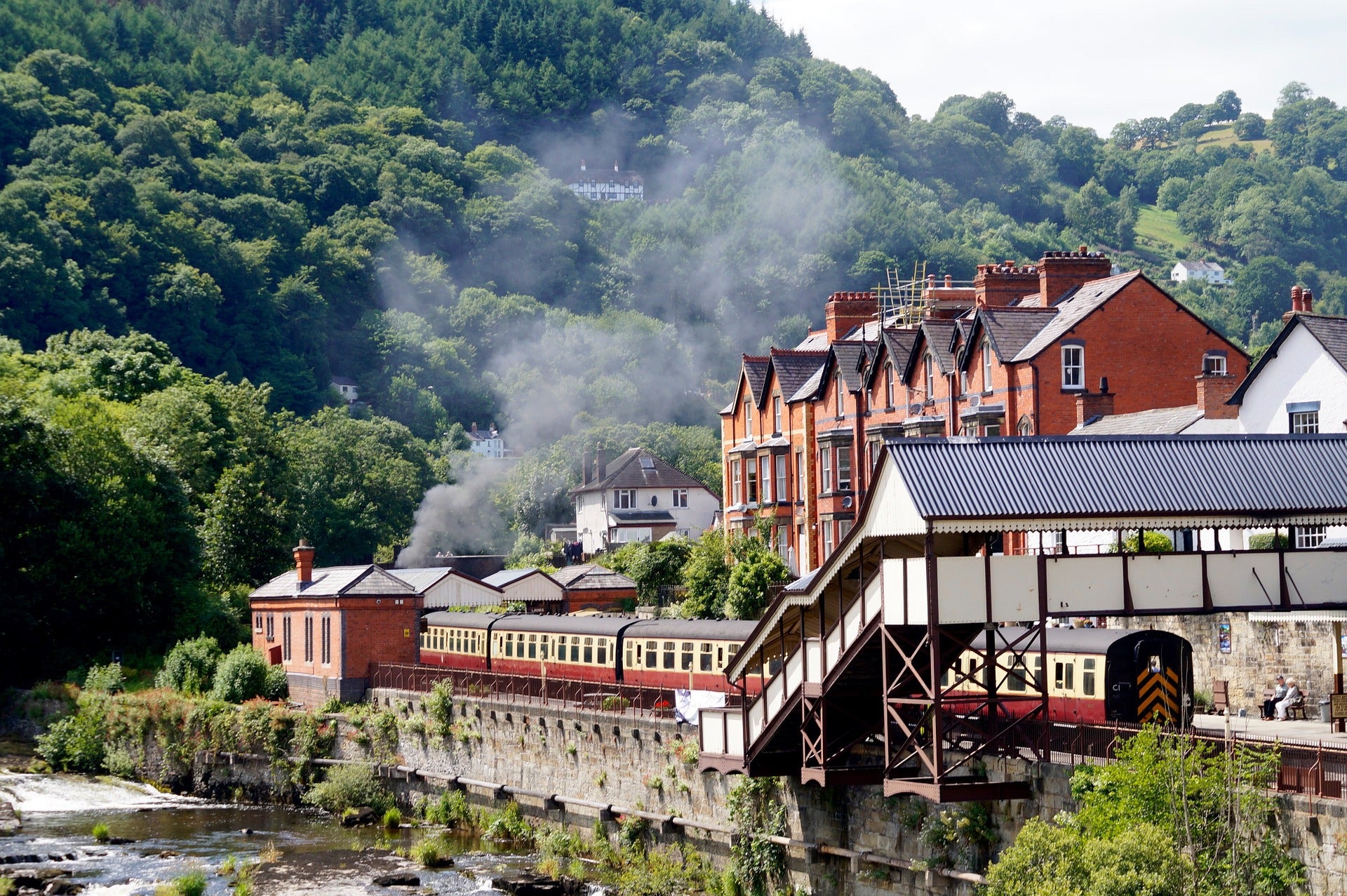
British railways’ new timetable got off to a disappointing start on Monday, as delays and cancellations caused by staff shortages affected several parts of the network.
The new timetable, which the Rail Delivery Group (RDG) said would bring the first non-stop trains between London and Bristol, as well as 1,000 extra services across all networks, was introduced on 15 December in a bid to improve journey times and frequency.

Discover B2B Marketing That Performs
Combine business intelligence and editorial excellence to reach engaged professionals across 36 leading media platforms.
Introducing the changes, the RDG had said that the industry had put ‘years of work into drafting, consulting and planning’ for its launch.
However, rail companies looked far from prepared for the increased services, as severe disruption hit commuters on several routes.
For instance, the RDG said in the statement, the latest amendments on the Great Western Railway (GWR) network would signify its ‘biggest change’ since the 1970s, and would include the above mentioned extra high-speed rail between London and Bristol.
Yet, its launch didn’t entirely go as planned, as GWR reported a slew of cancellations and delays on the line.

US Tariffs are shifting - will you react or anticipate?
Don’t let policy changes catch you off guard. Stay proactive with real-time data and expert analysis.
By GlobalDataIn addition, GWR said in a statement that commuters would experience amended services on trains running from London to Swansea and Penzance on Sunday. It added: “The amendments have come about because an unusually high number of rail staff are not available to work.
“While newer GWR contracts include Sunday working, not all railway workers are contracted to work on Sundays. GWR is working with colleagues and trade unions to make Sunday contracted hours more consistent across the business.”
Although the timetable changes were scheduled to kick off on Sunday, the operator said that most of them would become effective on Monday, as they targeted the main commuter services.
Another network operator that seemed to struggle to fulfil the new timetables was Transport for Wales (TfW).
While the RDG said the network would witness 294 additional Sunday services, including the Maesteg and Conwy Valley lines for the first time, TfW reported 15 cancellations, especially along the new route connecting Pwllheli and Machynlleth.
The announcement sparked anger from passengers, who took to social media to complain about missing connections and cancellations.
@tfwrail you promised more capacity in December but here I am standing on an awful Pacer train AGAIN (from Barry Docks ). I have given up hope of services ever improving
— Laura.L (@LauraLont) December 16, 2019
@tfwrail seriously?! This is your “improved” timetable and service? it’s even worse than before…how is that even possible ????????♀️ 20 minutes delayed meaning that I’ll miss all the connections to Cathays ????
— beth ⭐️ (@beth_lynchxx) December 16, 2019
In response, a TfW spokesman reassured commuters by saying: “We’re sorry that there have been a number of cancellations on our network today. As always, we are very grateful to colleagues who gave up their own time to volunteer to work overtime and rest days.
“We are continuing to do everything possible to ensure the maximum number of services are operating every day and this time of year can always be challenging, particularly on weekends.”
In the face of more disruption, RDG director of nations and regions Robert Nisbet asked passengers to ensure they are aware of the ongoing delays.
“Train operators and Network Rail will be working together to run a reliable service and respond quickly to any teething problems as people get used to the change,” Nisbet said in a statement.
The RDG also promised some major improvements will be implemented on the ScotRail network, with additional services in north-east Scotland and extra seats between Edinburgh and Glasgow.
Commenting on the franchises’ failure to deliver new timetables smoothly, Transport Focus chief executive Anthony Smith said: “This time around, passengers need the rail industry to deliver a smooth set of timetable improvements – so they can reliably use both new and existing services.
“Many passengers should have a greater choice of services with more seats as a result of these changes. However, there will also be some who lose out with fewer or slower services.
“Train companies must have plenty of visible staff on hand to guide passengers, to answer questions on how these changes will affect them, and to explain what travel choices they have.”
Echoing a similar sentiment, Campaign for Better Transport chief executive Darren Shirley said: “Each year, the new rail timetable is meant to bring more services and help reduce overcrowding, but yet again services are collapsing after its introduction, leaving passengers unable to travel.
“With fares set to rise again in January, this cannot continue. The Government must publish plans to reform the railways as soon as possible and look at change the way fares are calculated to help restore passengers’ trust.”





